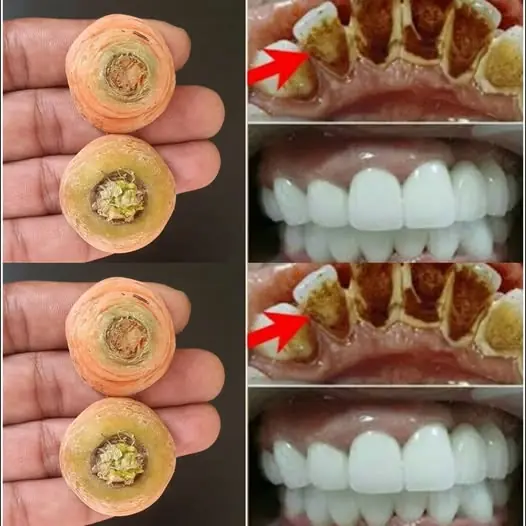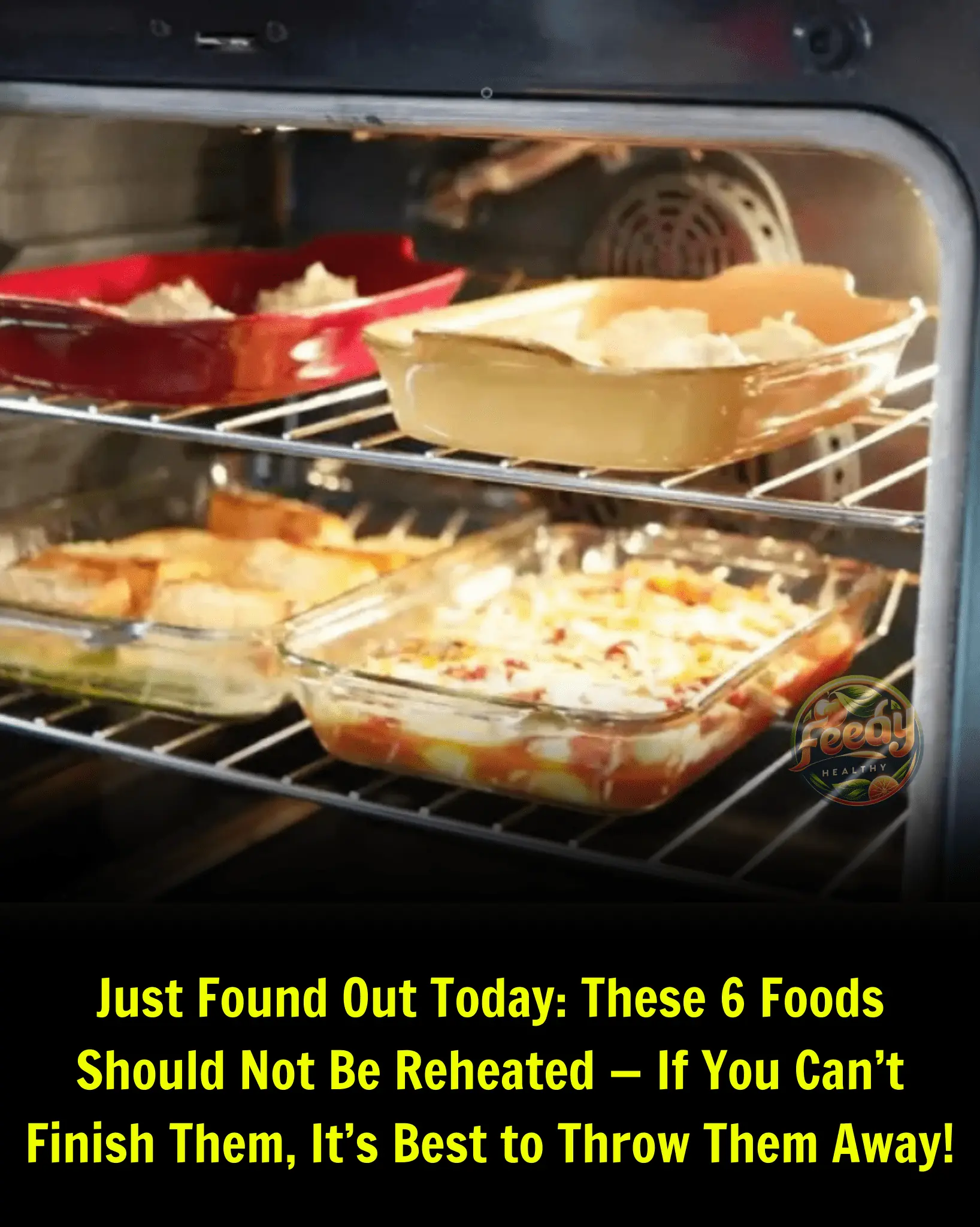
Heartfelt Advice: Throw Away These 4 Toxic Plastic Items Before Cancer Comes Knocking
Low-quality plastic items of unknown origin can be especially harmful to your health.
Plastic has become a familiar material in every household thanks to its convenience and low cost. From plastic bags and food wraps to bottles and containers, we use them daily without paying much attention to the hidden dangers. However, not all plastics are safe. Below are four types of toxic plastic products that you should be especially cautious about, as they may negatively impact your family's health.
1. Reused Plastic Bottles – Convenient but Unsafe
Many people tend to keep plastic bottles from mineral water or soft drinks to reuse for storing spices, rice, or grains. While this seems eco-friendly and economical, it poses hidden dangers. Most of these bottles are made from PET plastic (labeled with the number 1), which is designed for single use only. Although some bottles are clearly marked “Do not reuse,” many ignore the warning.
Studies show that after about 10 months of reuse, PET plastic can begin to release toxic substances, especially when exposed to heat or acidic foods like vinegar or fish sauce. To stay safe, do not reuse these bottles for long-term food storage and absolutely avoid placing them near heat or using them for hot items.
2. Plastic Food Wrap – Convenient But Choose the Right Type
Plastic food wrap is a staple in every kitchen to keep food fresh. However, not all types are safe, and improper use can be harmful. Wraps made from PVC plastic often contain plasticizers and are not heat-resistant or suitable for greasy foods. These should only be used for wrapping vegetables and fruits. PE wraps are safer but should still be avoided for greasy foods or microwave use. If you need to wrap oily food or heat it, choose PMP wrap, which has better heat resistance. Regardless of the type, never place plastic wrap directly on hot food or in an oven.
3. Trendy Plastic Cups – Cute but Unsafe
Adorable plastic cups that are widely promoted on social media are becoming trendy. However, not all are safe. If the cup has no plastic identification code at the bottom (typically a number from 1 to 7 inside a triangle), stop using it immediately. Especially cups made from PC plastic (code 7), which can only withstand temperatures up to 80°C. When used with hot liquids, they may release Bisphenol A (BPA) – a chemical that disrupts hormones and is harmful to health.
4. Takeout Plastic Food Containers – Convenient But Not for Reuse
Takeout plastic food containers are generally intended for one-time use, but many people wash and reuse them. This habit carries risks, as most are made from low-quality plastic that can deform and leach toxins when heated.
If a container lacks a recycling symbol or is made from plastic number 6 (PS), do not use it for hot food or reheating in the microwave. It's best to switch to glass containers or safer plastics (codes 2, 4, or 5) for long-term food storage.
While plastic is convenient, not all types are harmless. To protect your family's health, you should:
– Prioritize using glass, ceramic, or stainless steel for hot or acidic foods.
– Check the plastic identification code at the bottom before purchasing.
– Limit takeout food and cook at home to control food quality.
Be a smart consumer to safeguard your health and that of your loved ones!
News in the same category

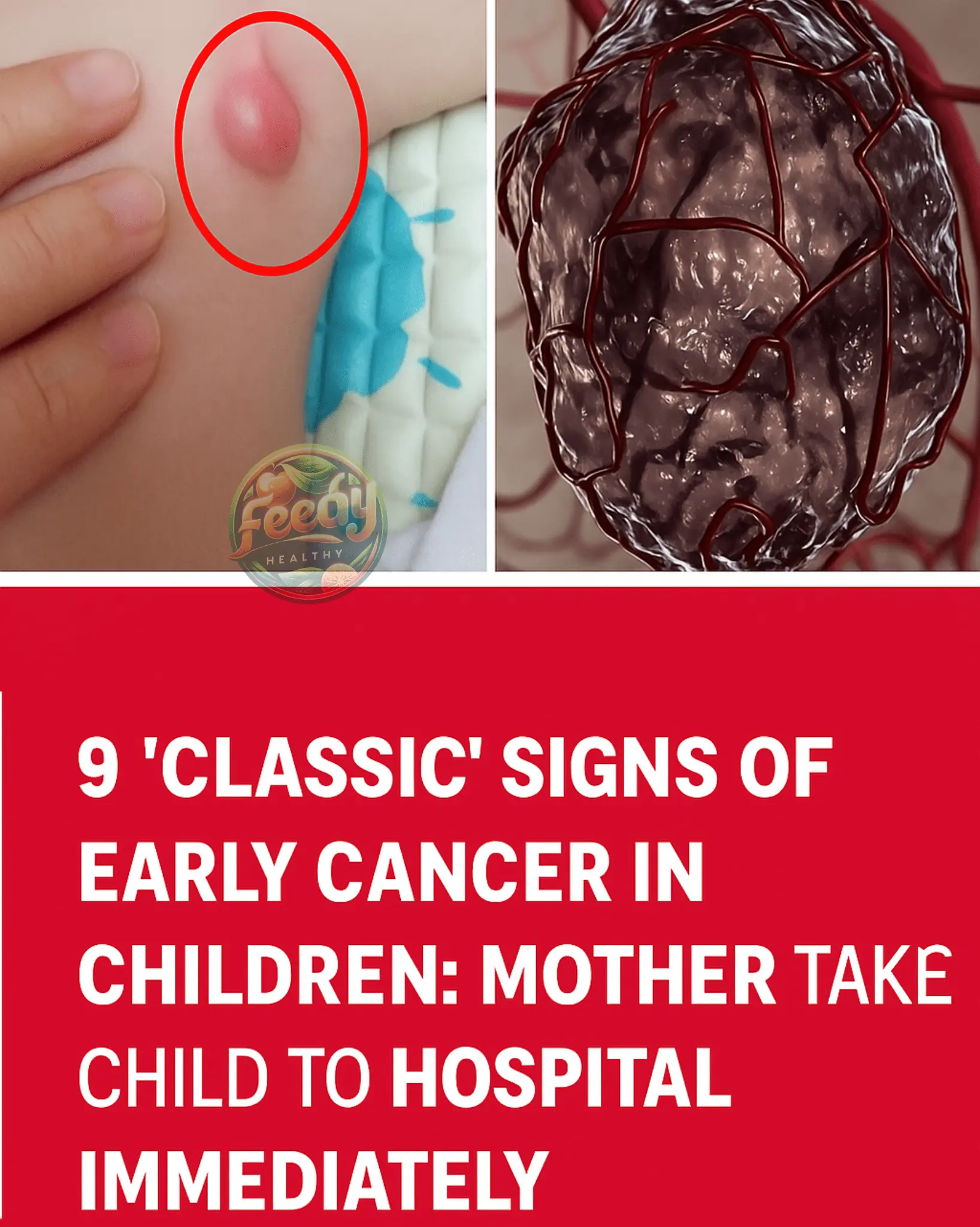
9 ‘Classic’ Symptoms Signaling Early-Stage Cancer in Children: Parents Should Take Their Child to the Hospital Immediately
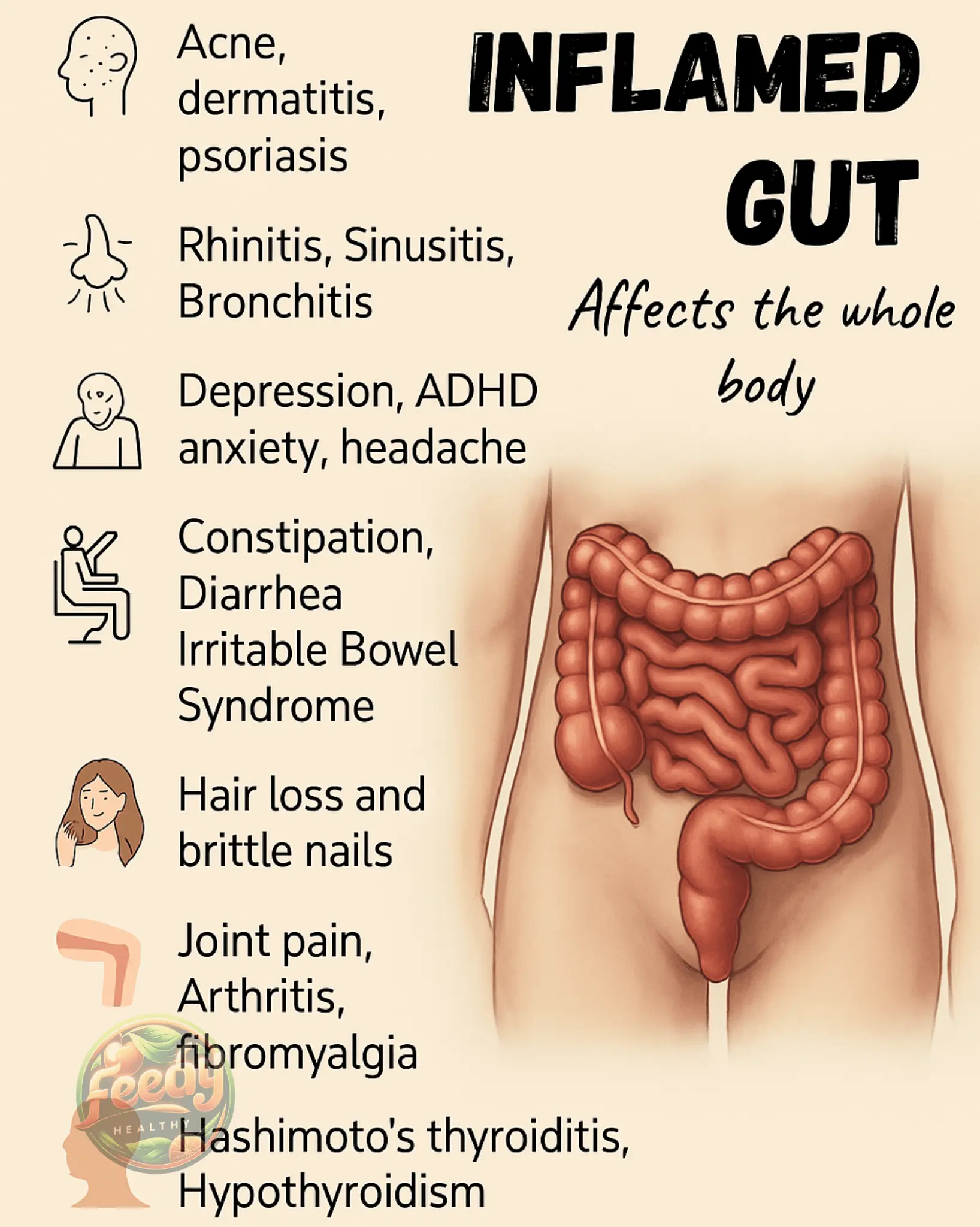
NATURAL REMEDIES FOR INFLAMED GUT
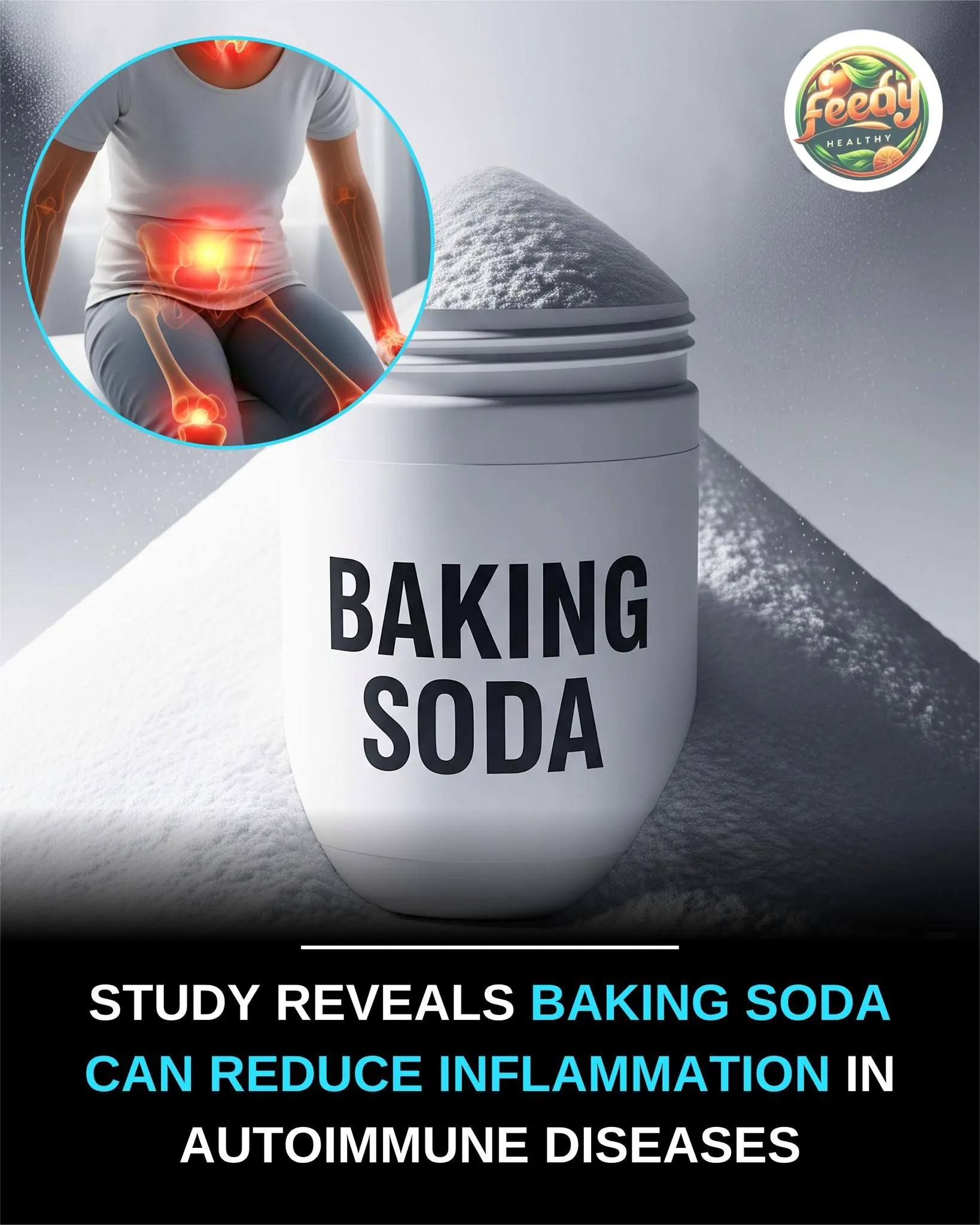
Daily Baking Soda Intake May Help Tame Autoimmune Inflammation, Study Finds
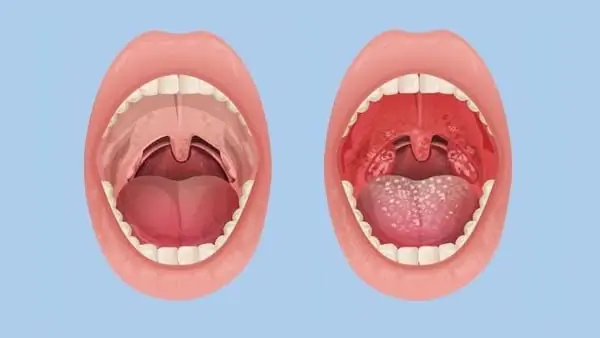
Many people mistake nasopharyngeal cancer for tonsillitis: Doctor explains how to tell them apart through associated symptoms
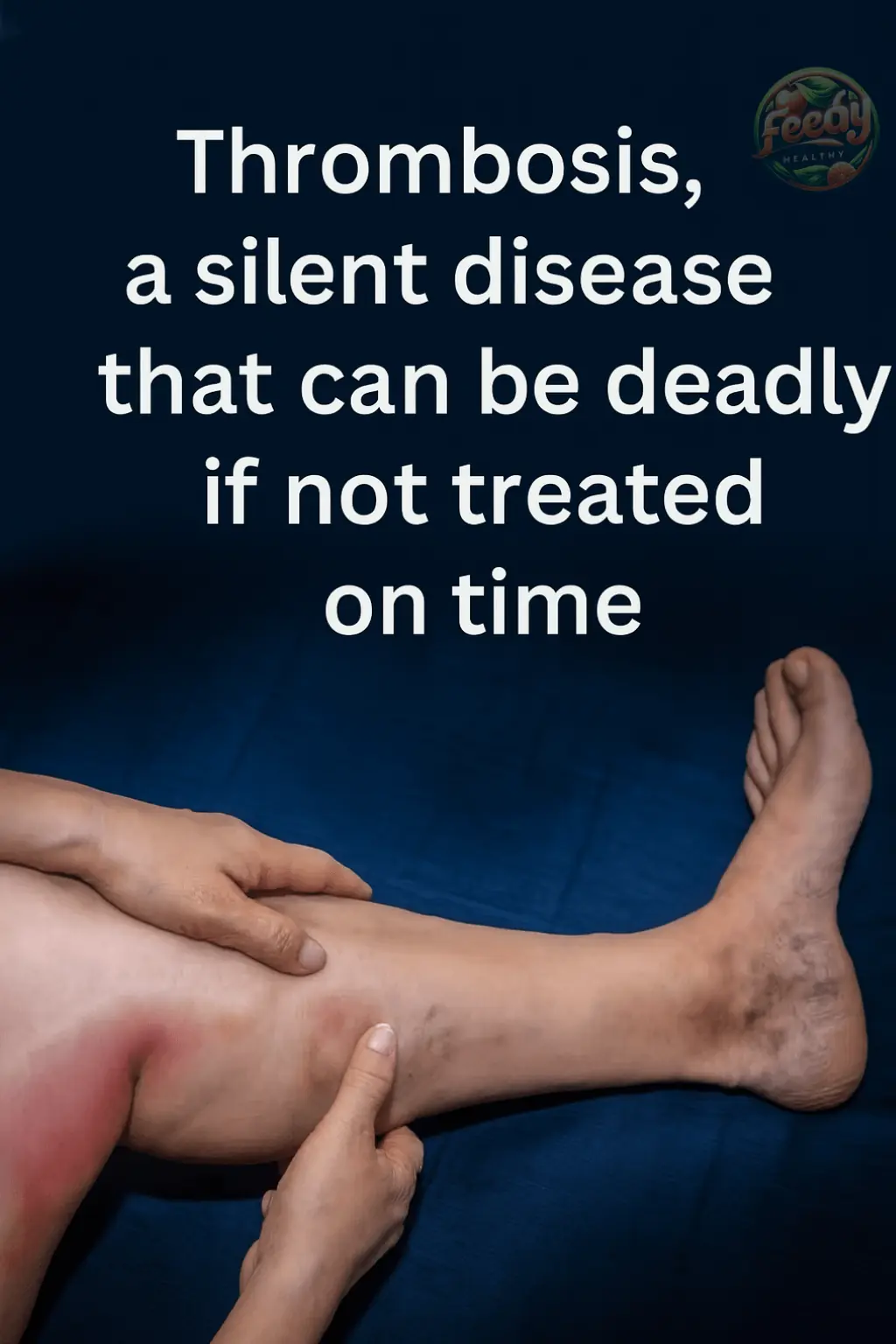
6 Best Teas to Keep Your Arteries Healthy
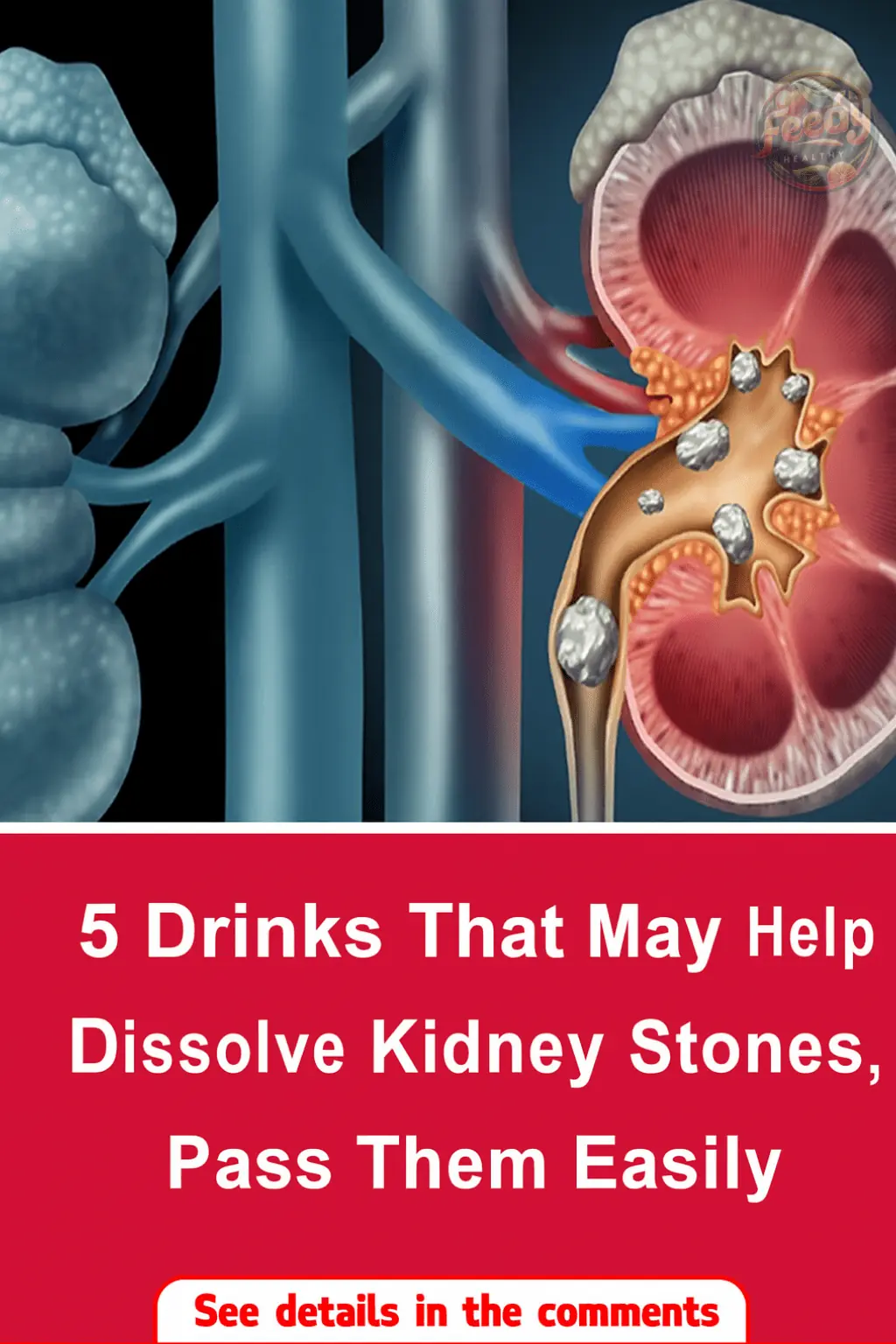
5 Drinks That May Help Dissolve Kidney Stones and Make Passing Them Easier
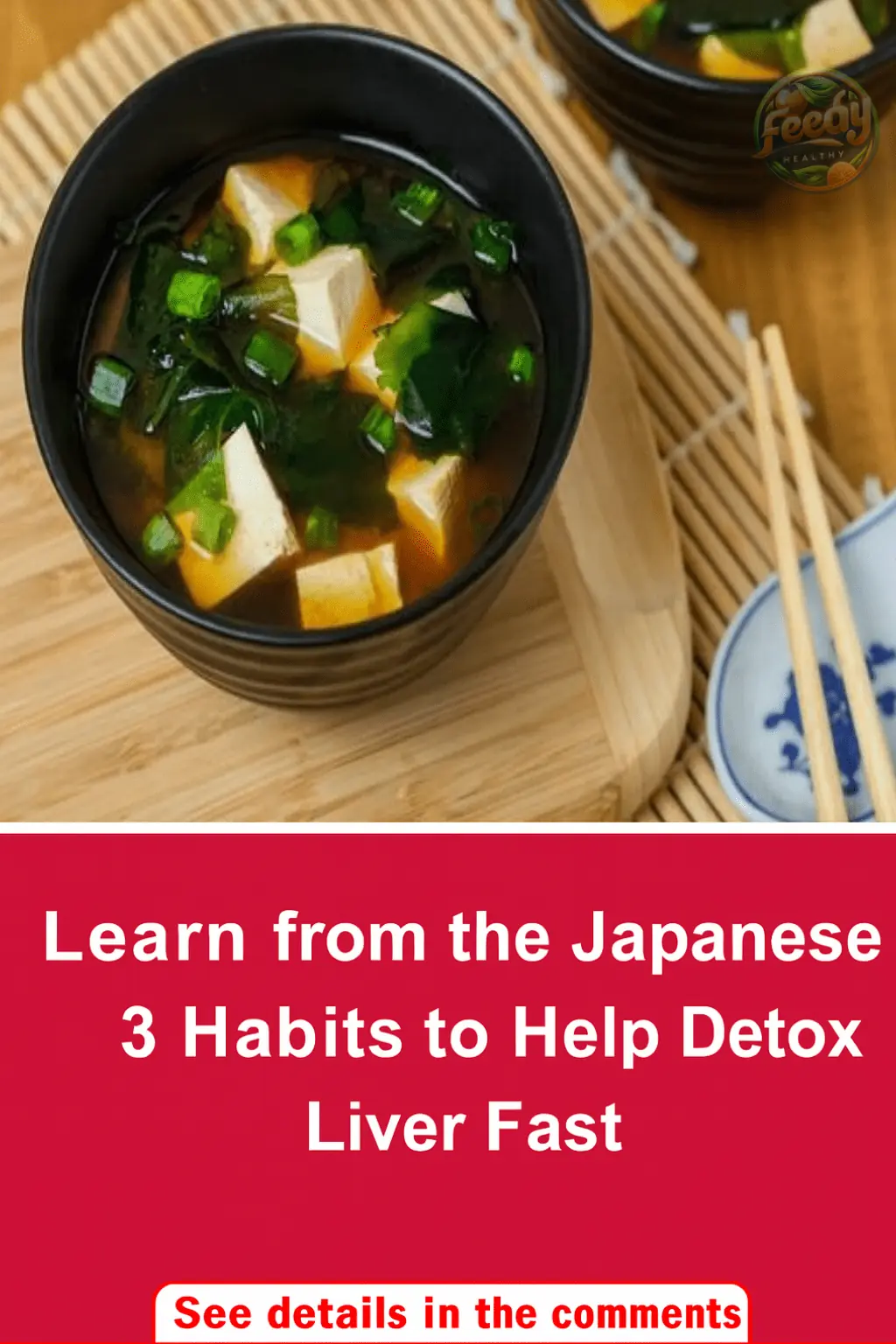
Learn from the Japanese: 3 Habits to Help Detox the Liver Quickly
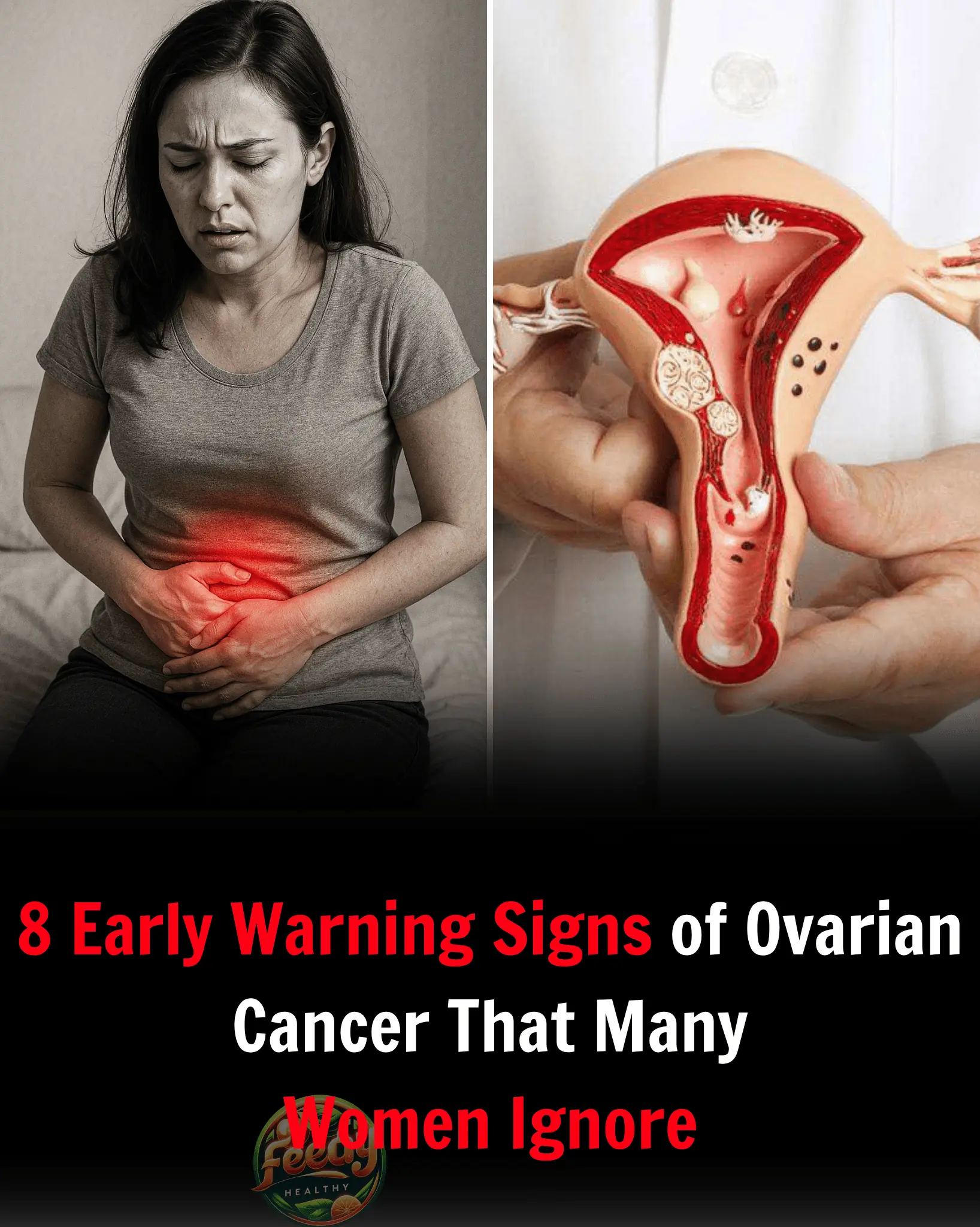
8 Early Warning Signs Of Ovarian Cancer You Shouldn’t Ignore
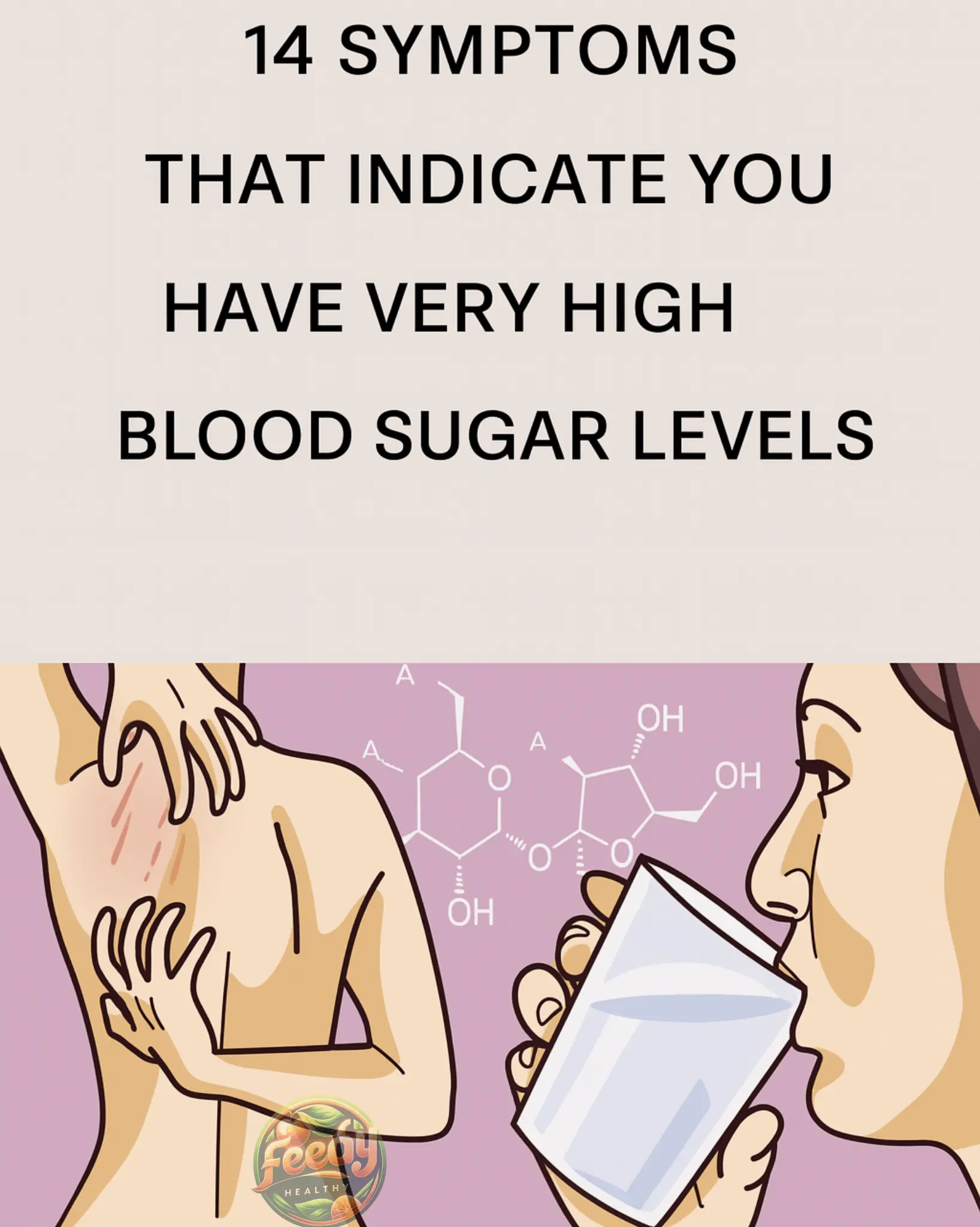
Signs That You Have Too Much Sugar in Your Blood
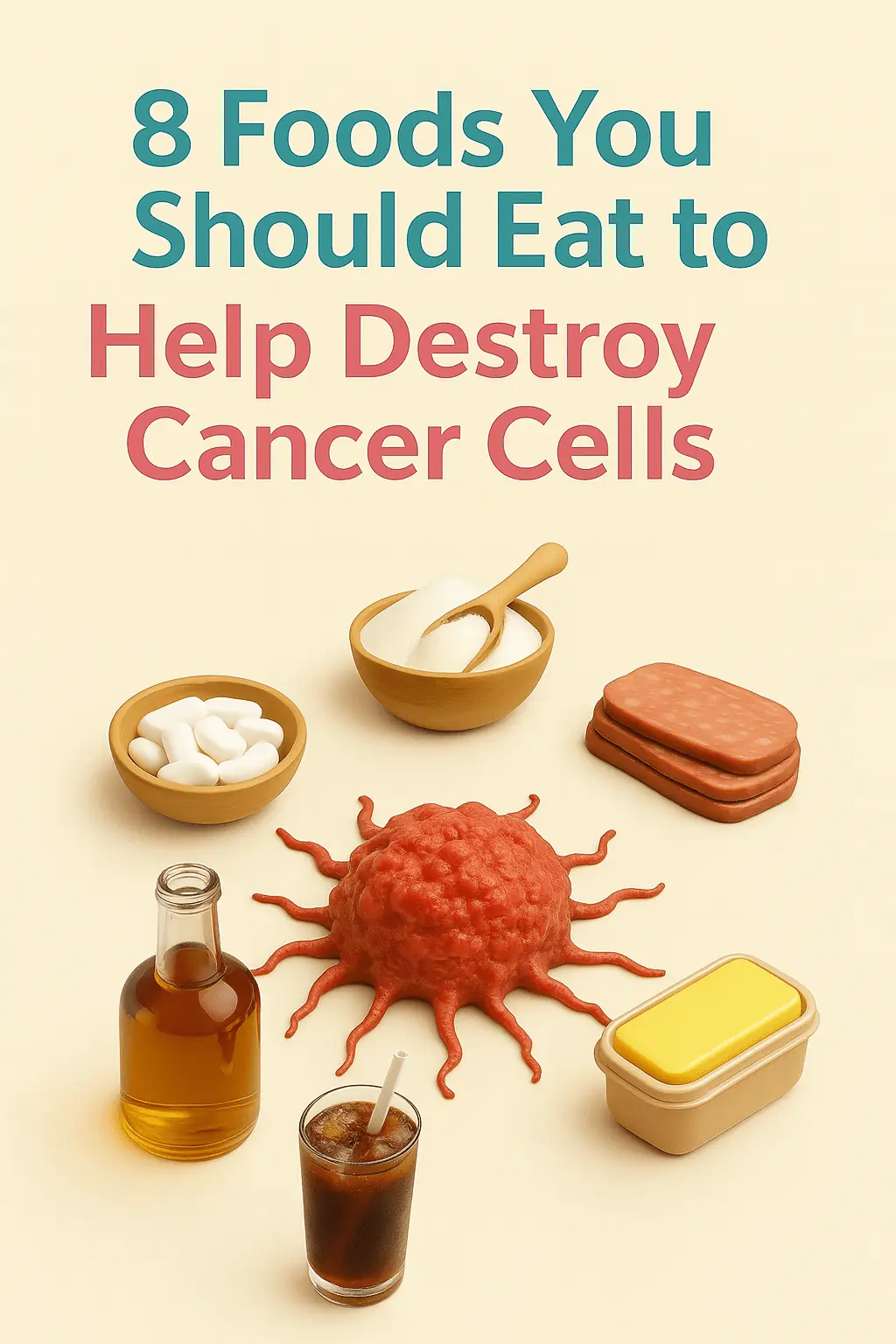
8 Foods You Should Be Eating to Help Kill Cancer Cells
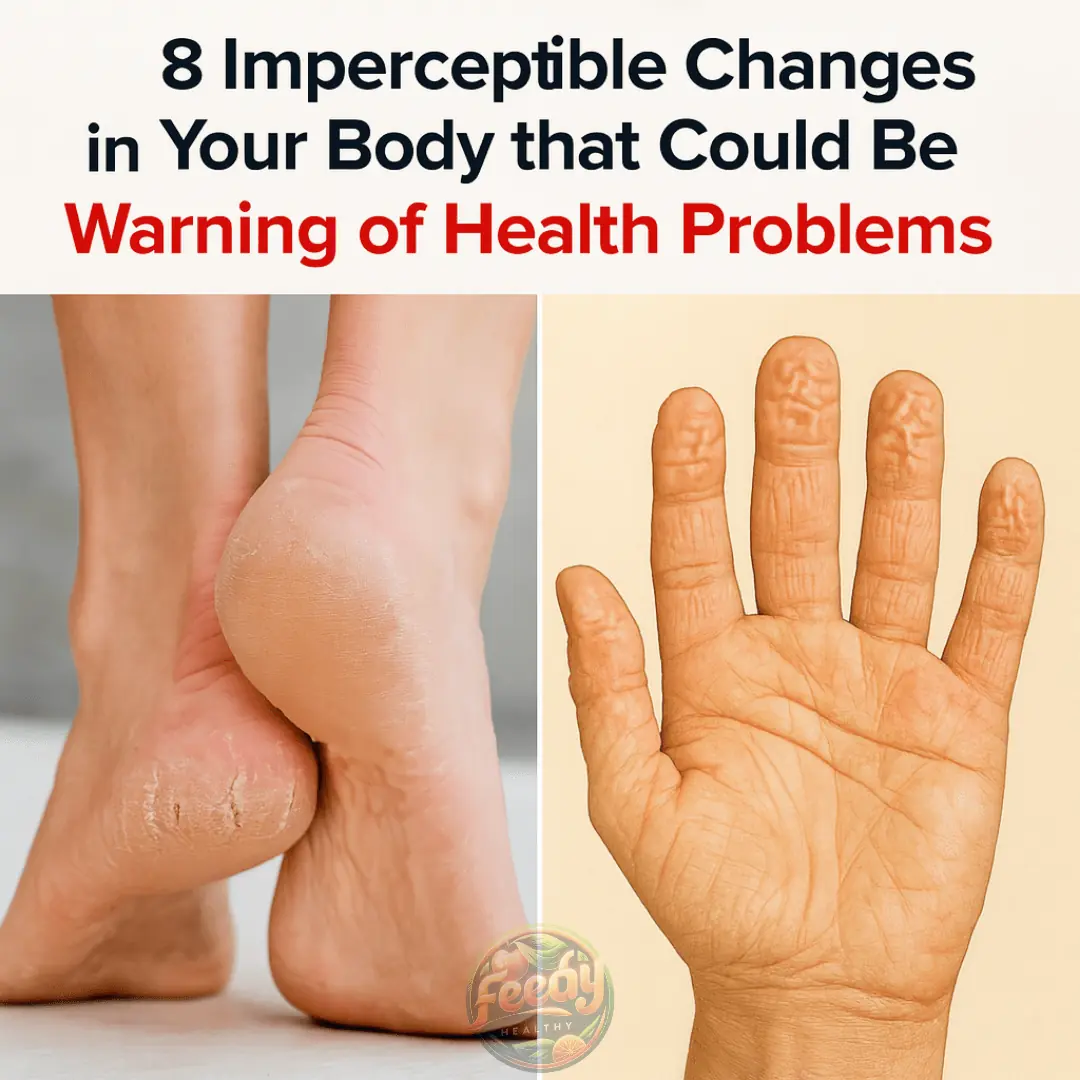
8 Imperceptible Changes in Your Body that Could Be Warning of Health Problems
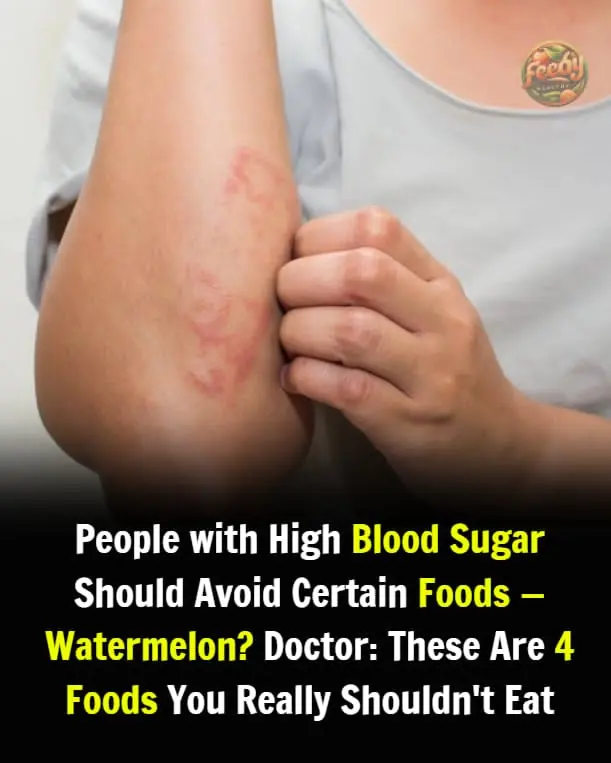
People with High Blood Sugar Should Avoid Certain Foods—Watermelon? Doctor: These Are 4 Foods You Really Shouldn't Eat

He Always Thought It Was Just a Sore Throat from Talking Too Much or Cold Weather—Mr. Tran Was Devastated to Learn It Was Late-Stage Stomach Cancer
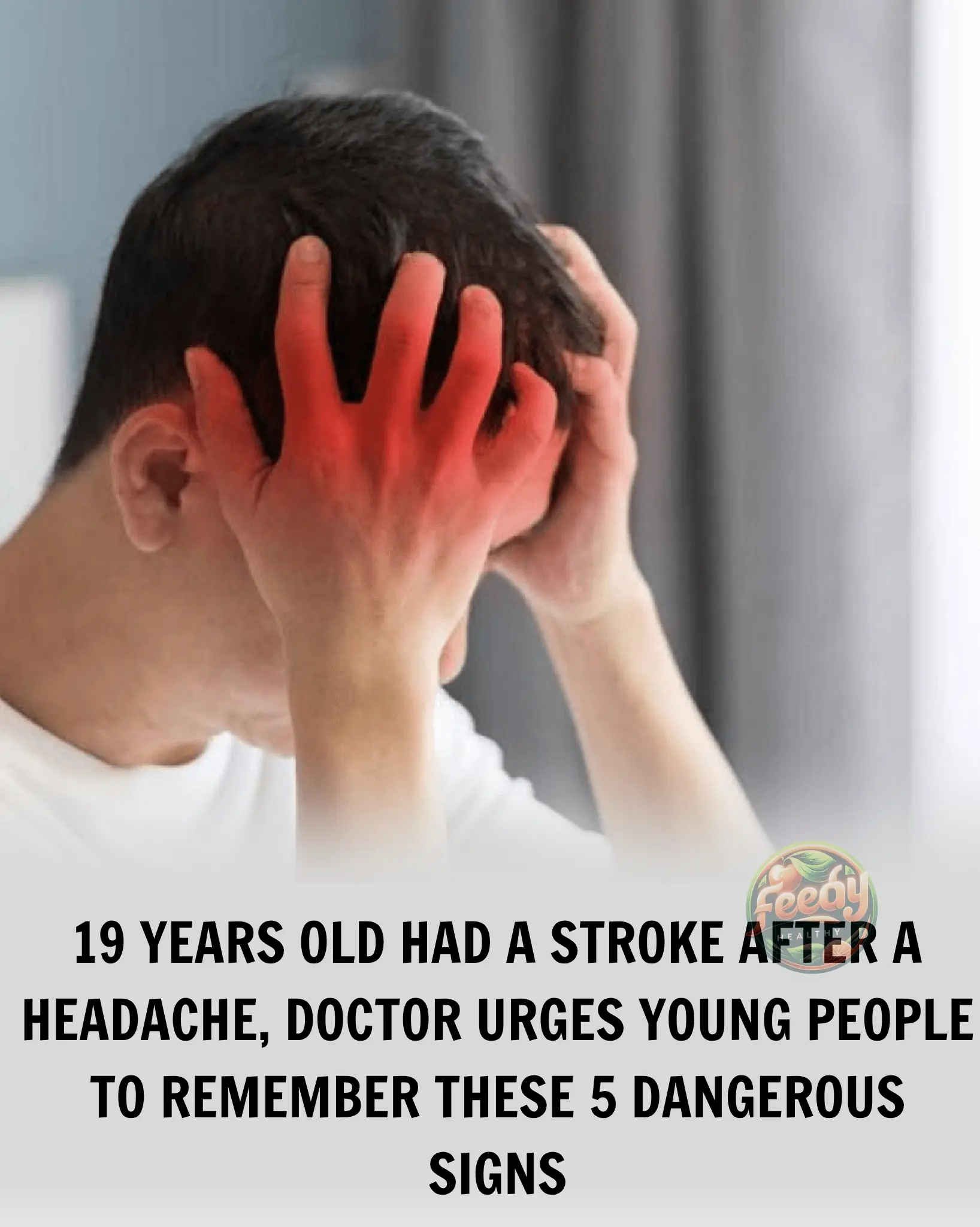
5 Warning Signs of Stroke in Young Adults

5 foods you should never keep overnight
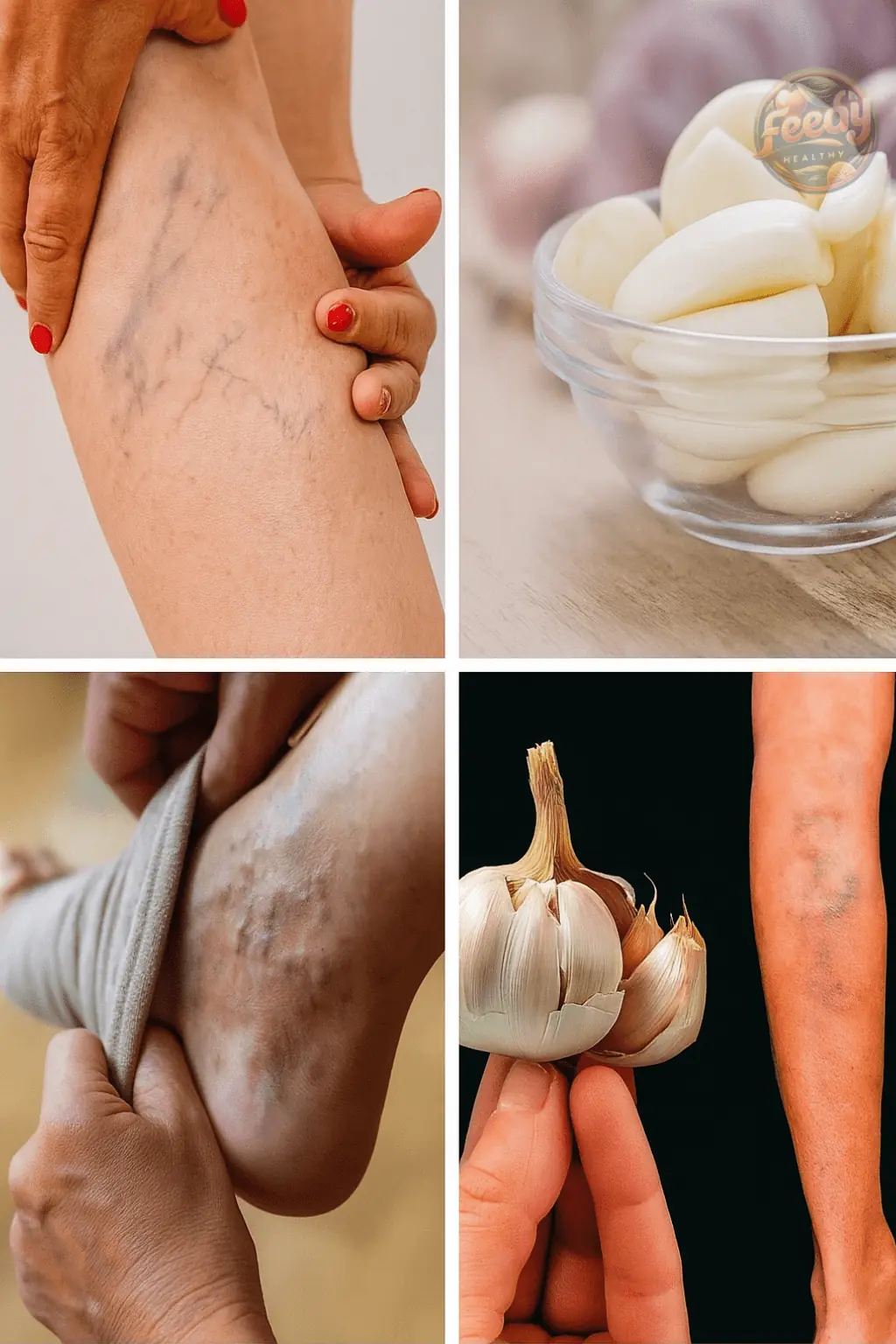
My Mother’s Secret: Garlic Remedy for Aches and Pains
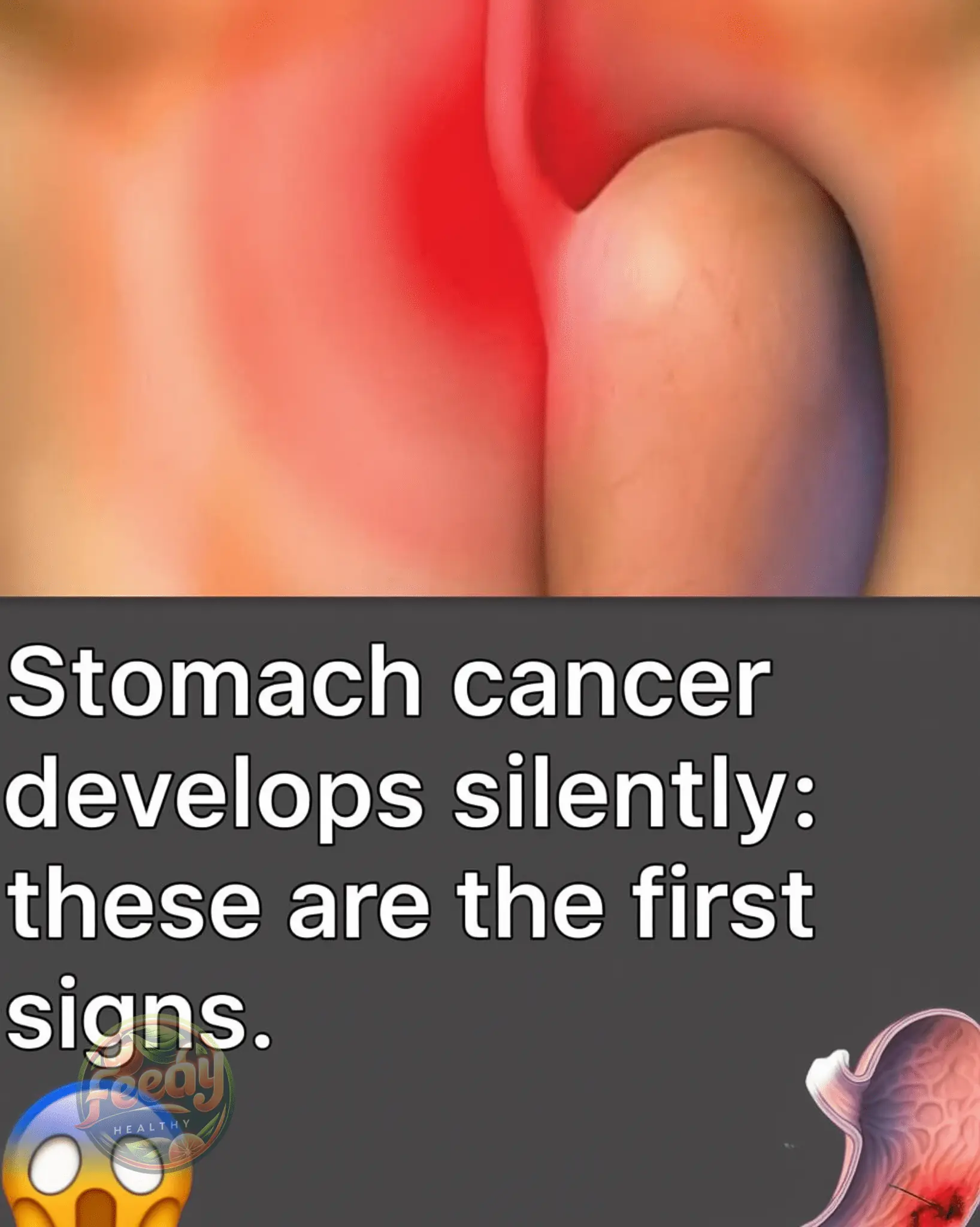
Stomach Cancer: Silent but Dangerous – Know the Early Signs
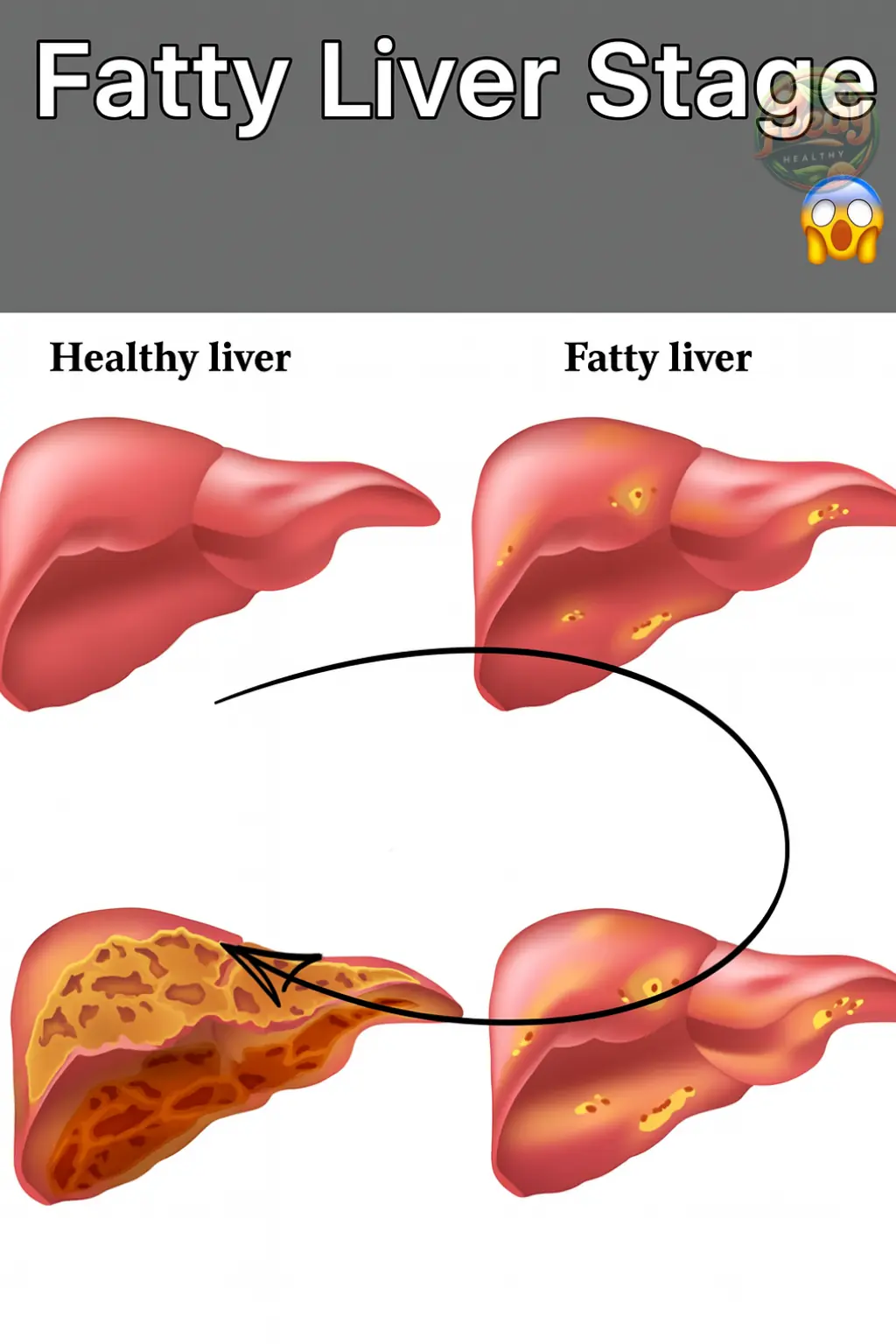
Take Care of Your Fatty Liver – Learn How to Cleanse Your Liver
News Post

🎂🌹 Buttercream Rose Cake Recipe (with Yellow Roses & Butterfly Decor)
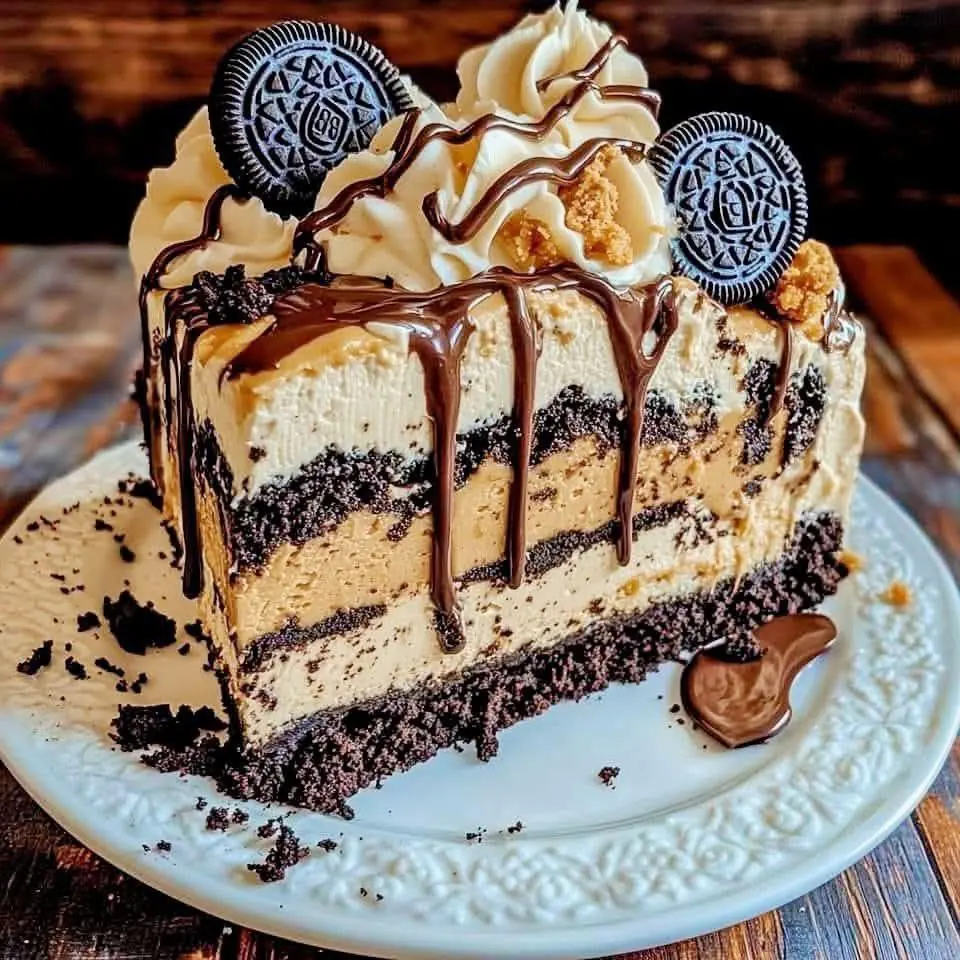
🍫 Crunchy Peanut Butter Oreo Chocolate Delight Cake

Double Chocolate Cheesecake Cake
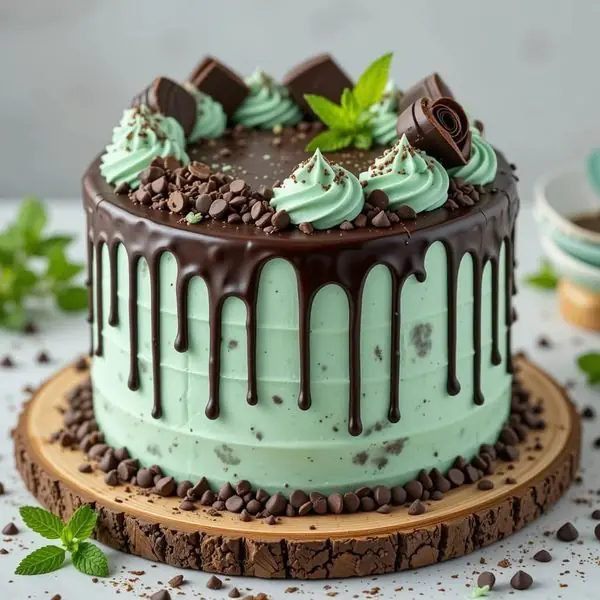
Chocolate Mint Cake Recipe

Just Found Out Today: These 6 Foods Should Not Be Reheated — If You Can’t Finish Them, It’s Best to Throw Them Away!
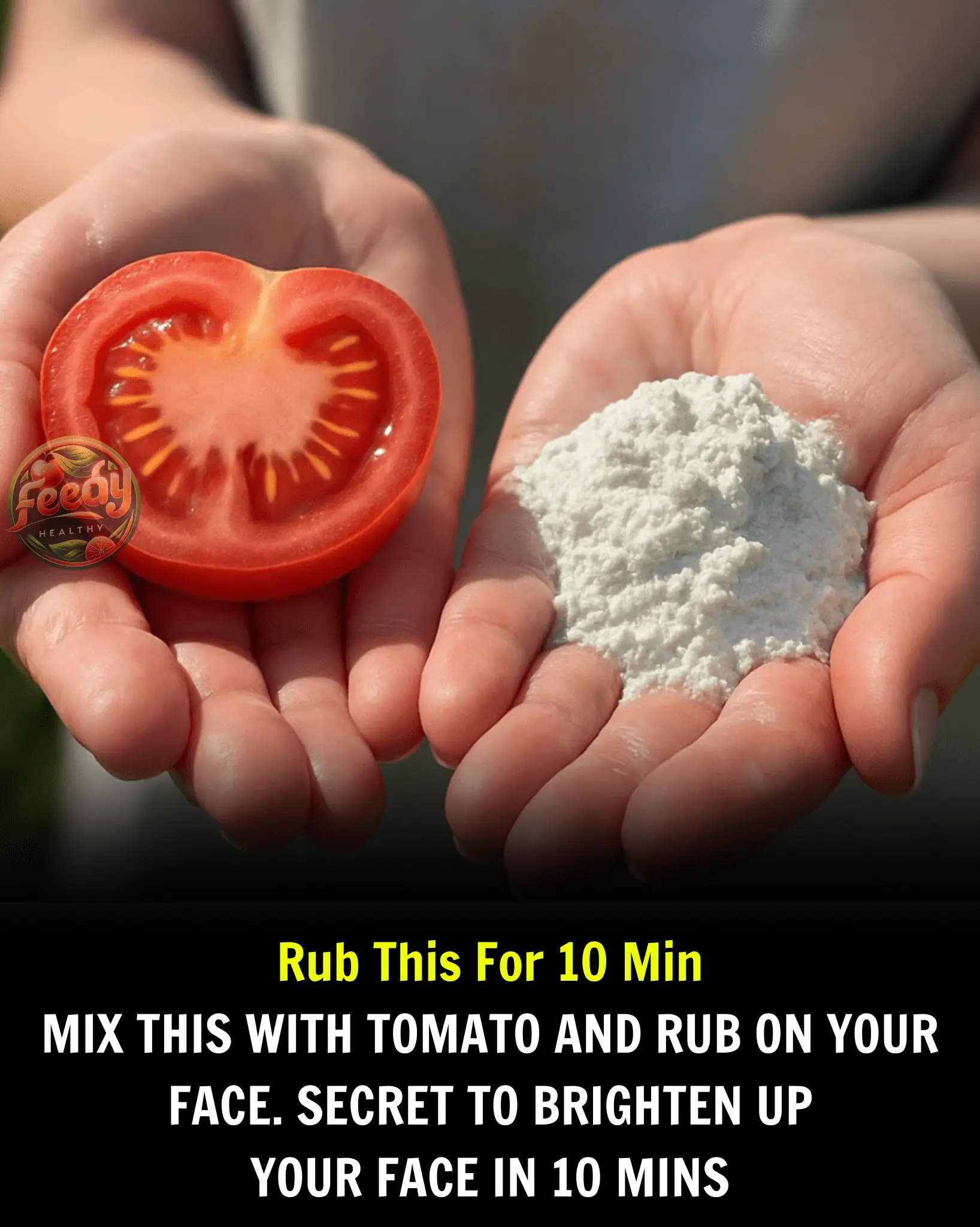
Rubbing Tomato Slices on Your Face Has Amazing Benefits
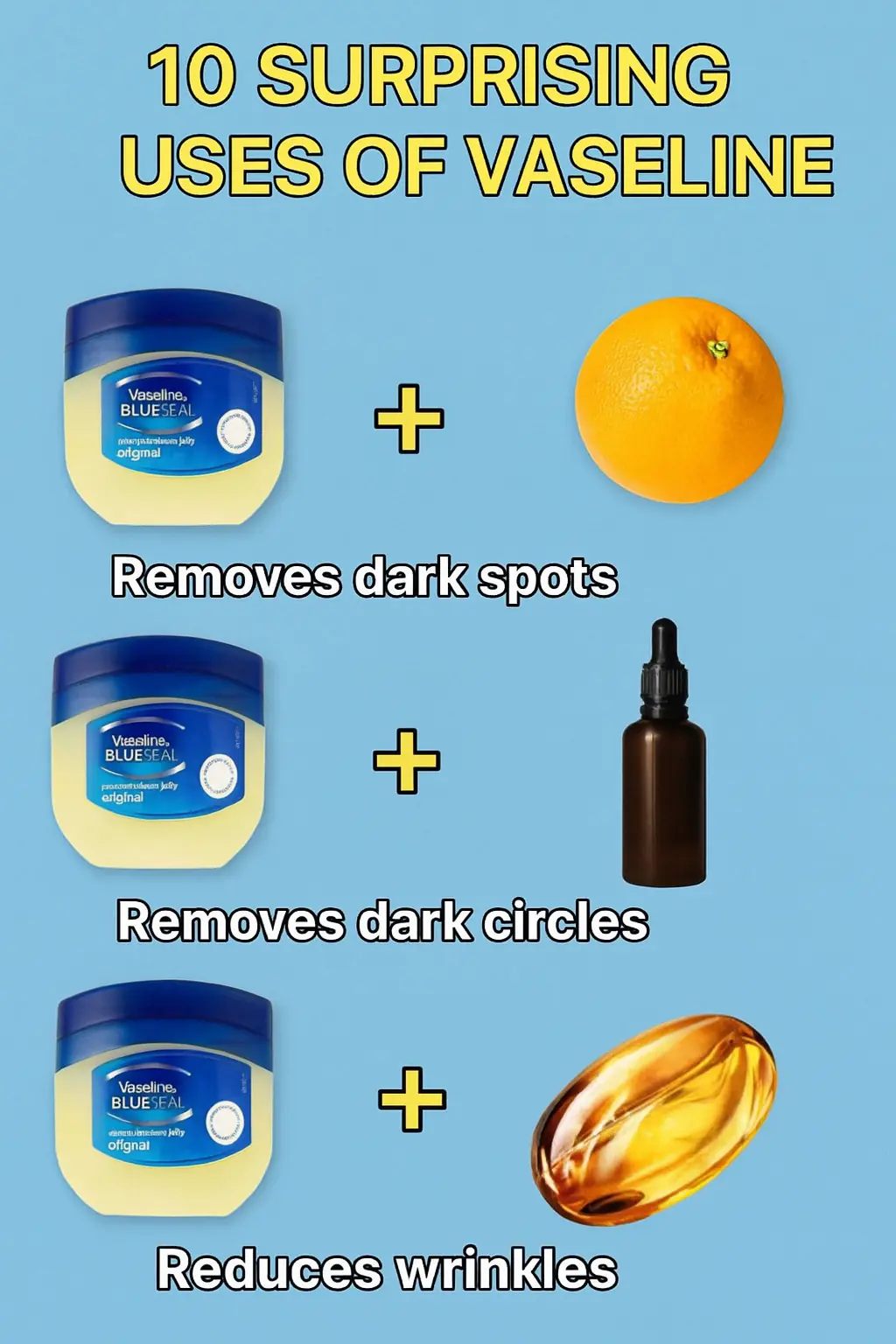
10 Uses of Vaseline for Your Beauty and Personal Care

9 ‘Classic’ Symptoms Signaling Early-Stage Cancer in Children: Parents Should Take Their Child to the Hospital Immediately

NATURAL REMEDIES FOR INFLAMED GUT

😋💕 Mini Strawberry & Chocolate Party Cakes Recipe 💕😋
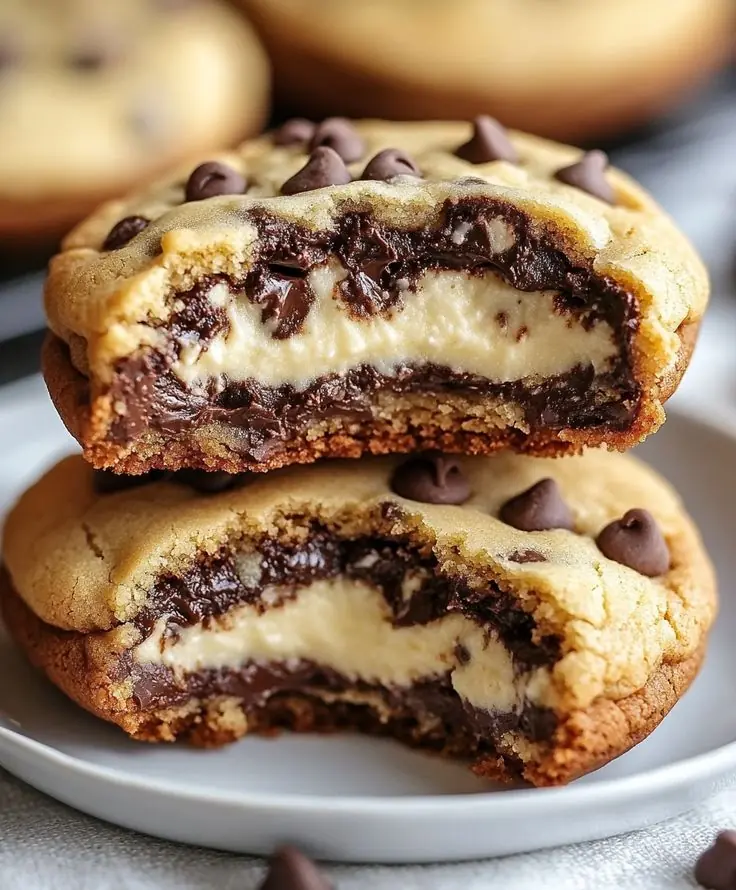
💕😋 Chocolate Cheesecake Cookies Recipe 😋💕

Extreme Freakshake S’mores Milkshakes: A Decadent Dessert Experience in a Glass 😋🔥🍫

Daily Baking Soda Intake May Help Tame Autoimmune Inflammation, Study Finds

Who Would You Give Your Seat to on the Bus? Your Answer Reveals Personality Insights
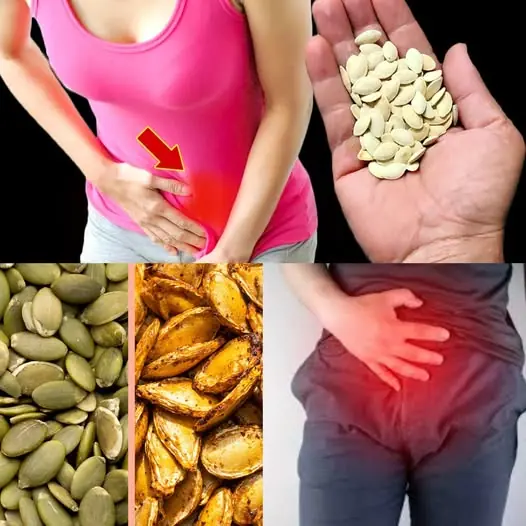
Enhance Your Bladder and Prostate Health with Pumpkin Seeds! 🌿🎃
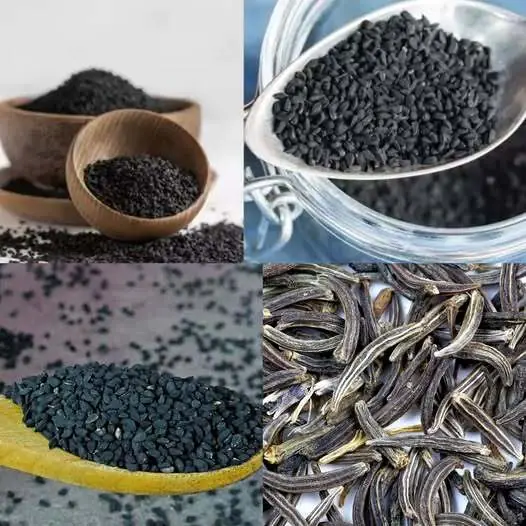
Discover the Power of Black Cumin Seed: Your Ultimate Healing Remedy! 🖤🌿
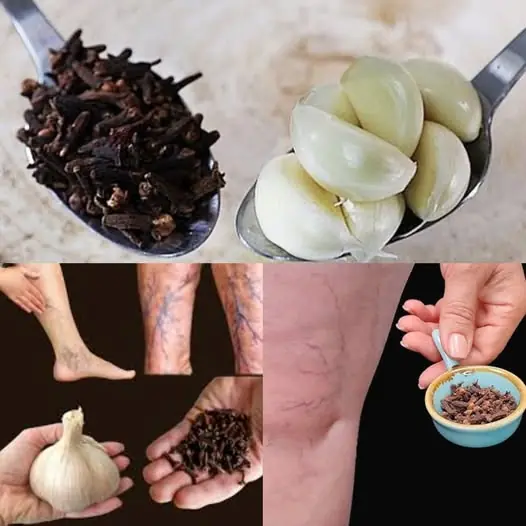
Soothe Leg Pain and Rheumatism with This Natural Remedy
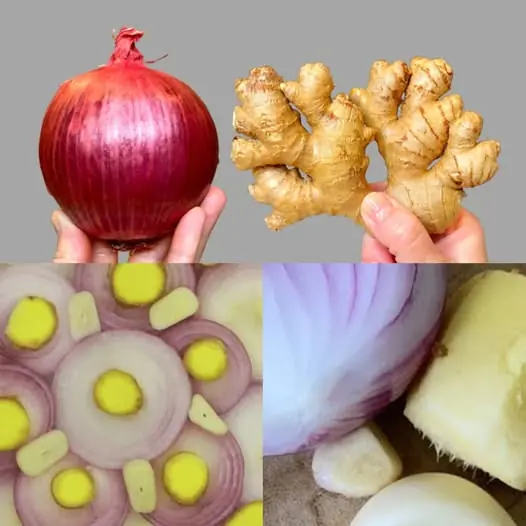
Discover the Health Benefits of Red Onion and Ginger Tonic
